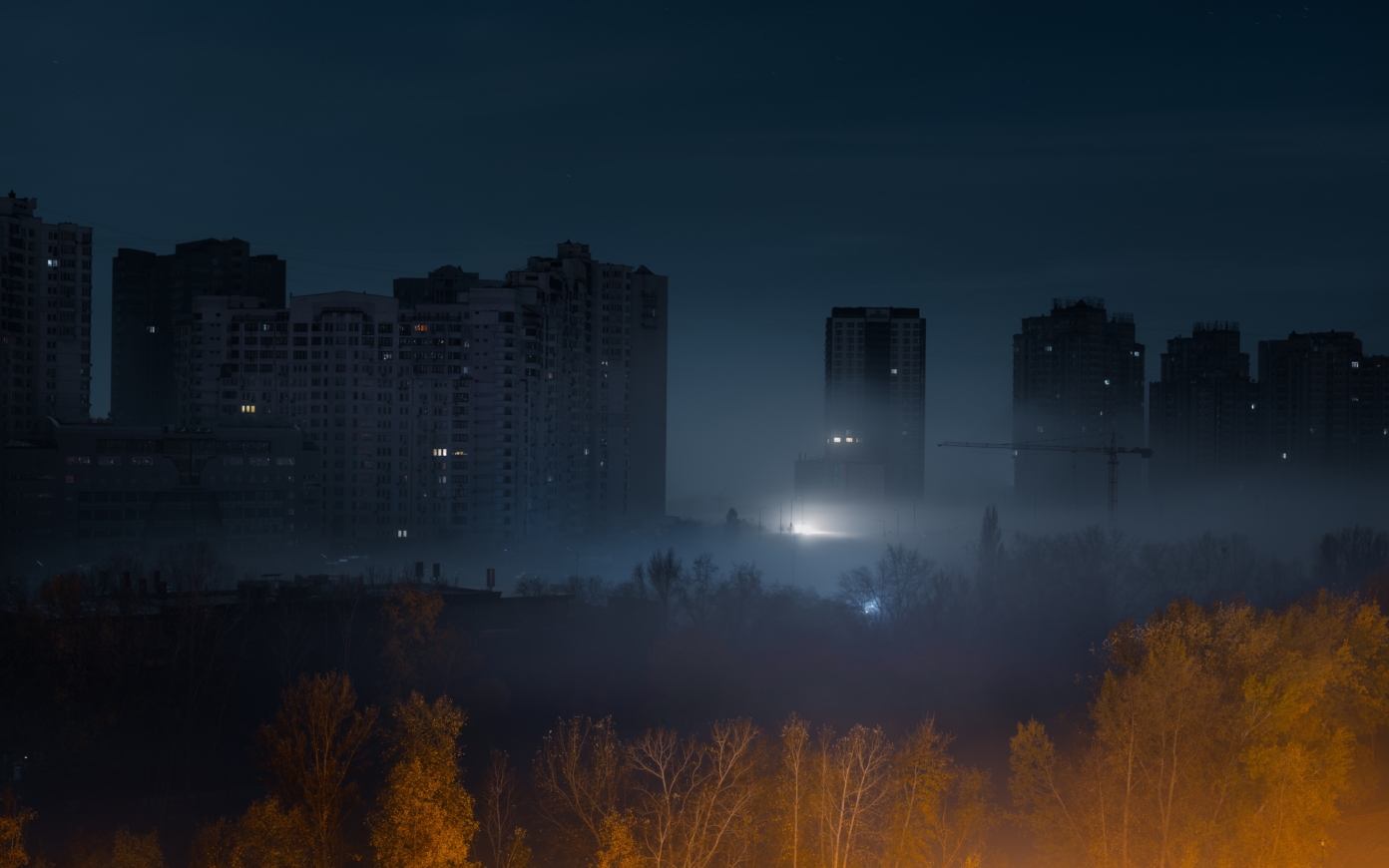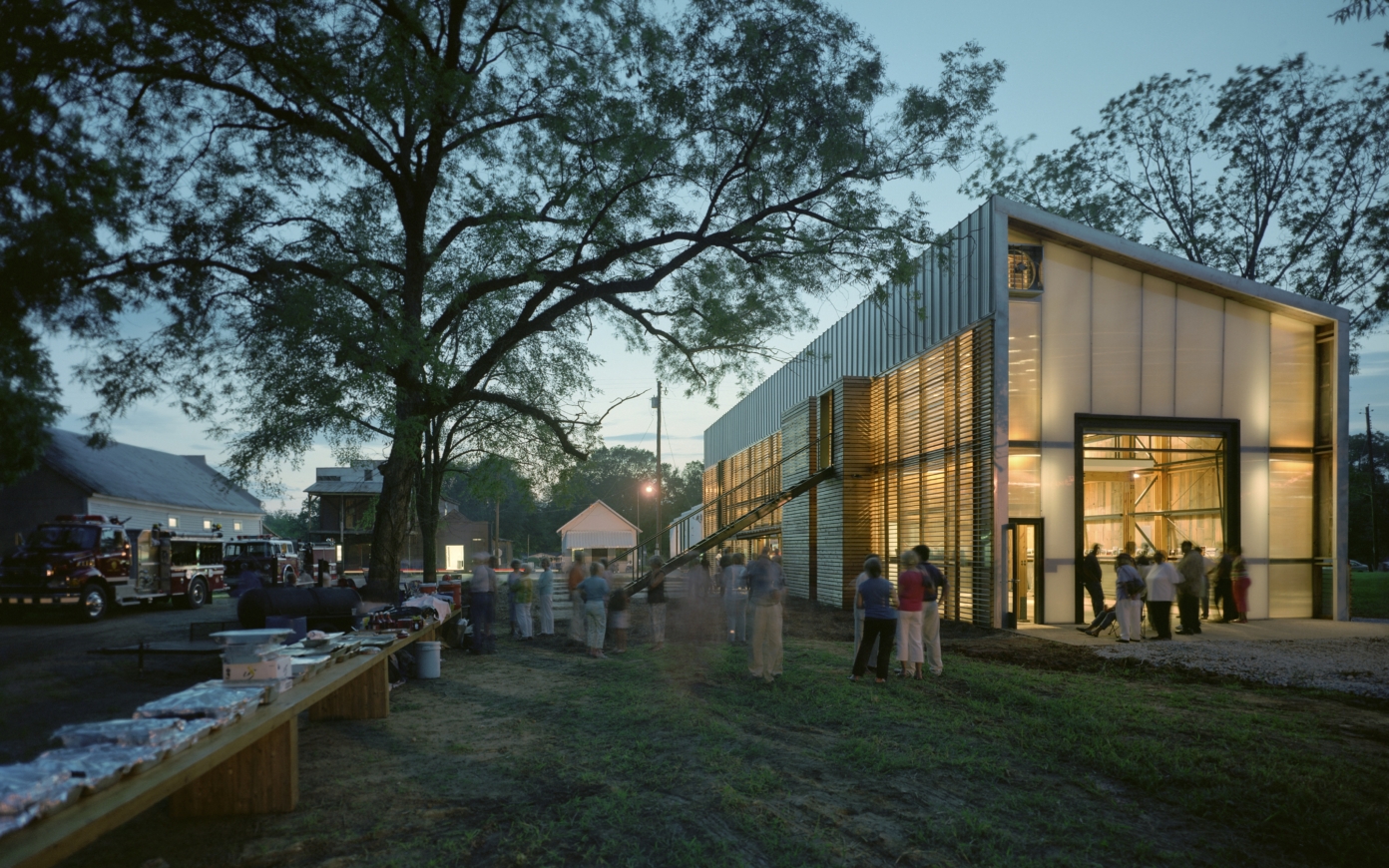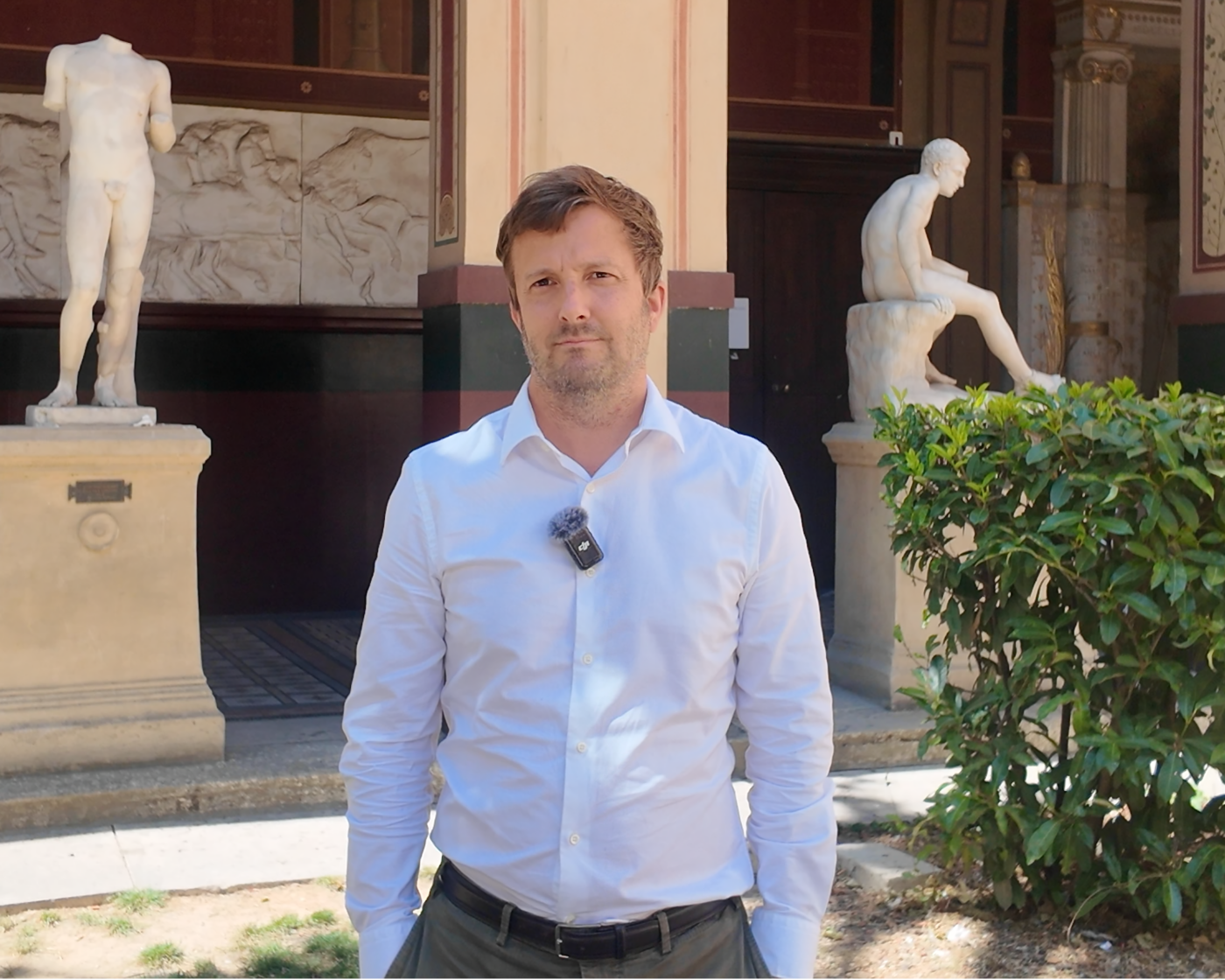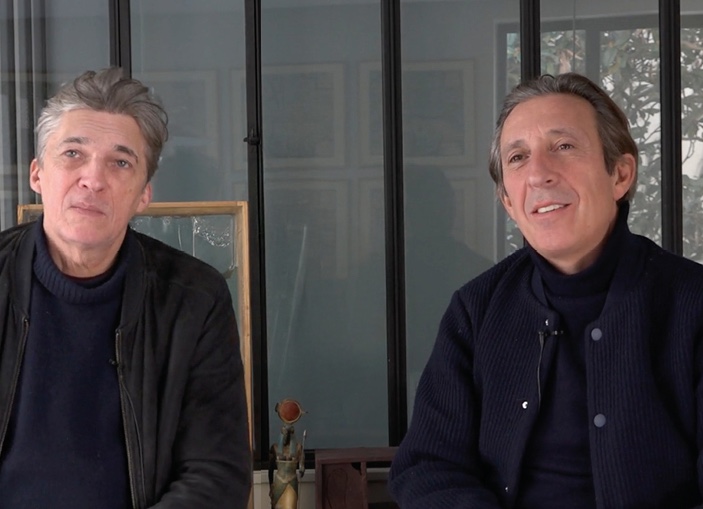Soil as an environment, property as an inhabiting capacity
“ What can we change in the way we inhabit the land to preserve the soil as an environment? ”
- Publish On 2 May 2024
- Elissa Al Saad
- 22 minutes
Elissa Al Saad is an architect and laureate of the 2023 Palladio Fellowships for her thesis on soil as an environment. By comparing different possible forms of land appropriation, she raises the issue of preserving land resources in relation to ownership. The aim is to think of property as a support for a way of inhabiting that considers land as a common good.




